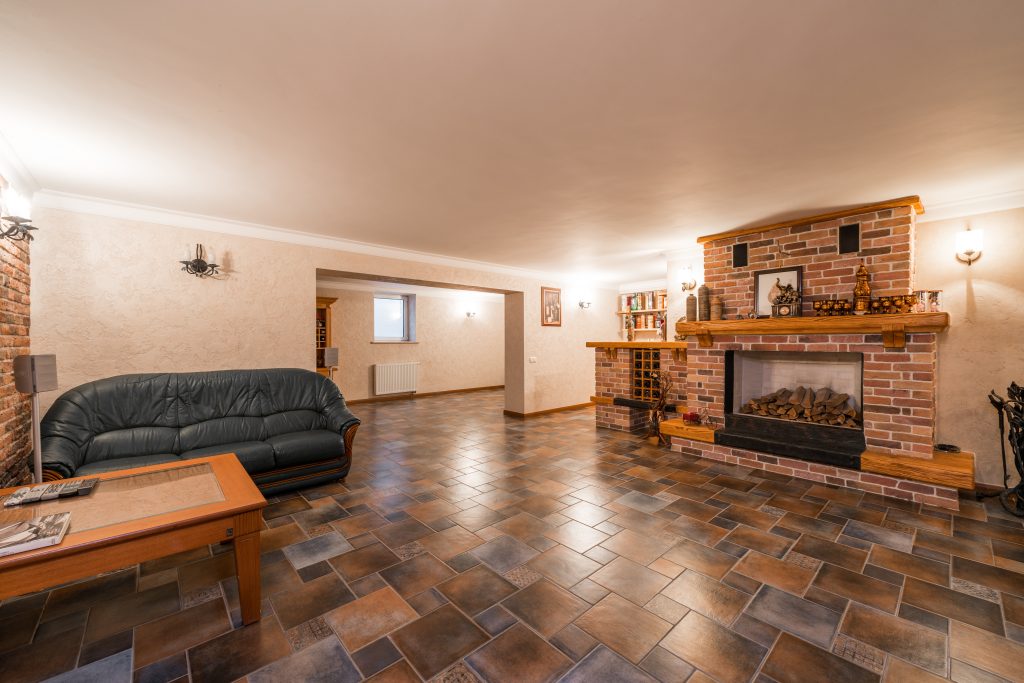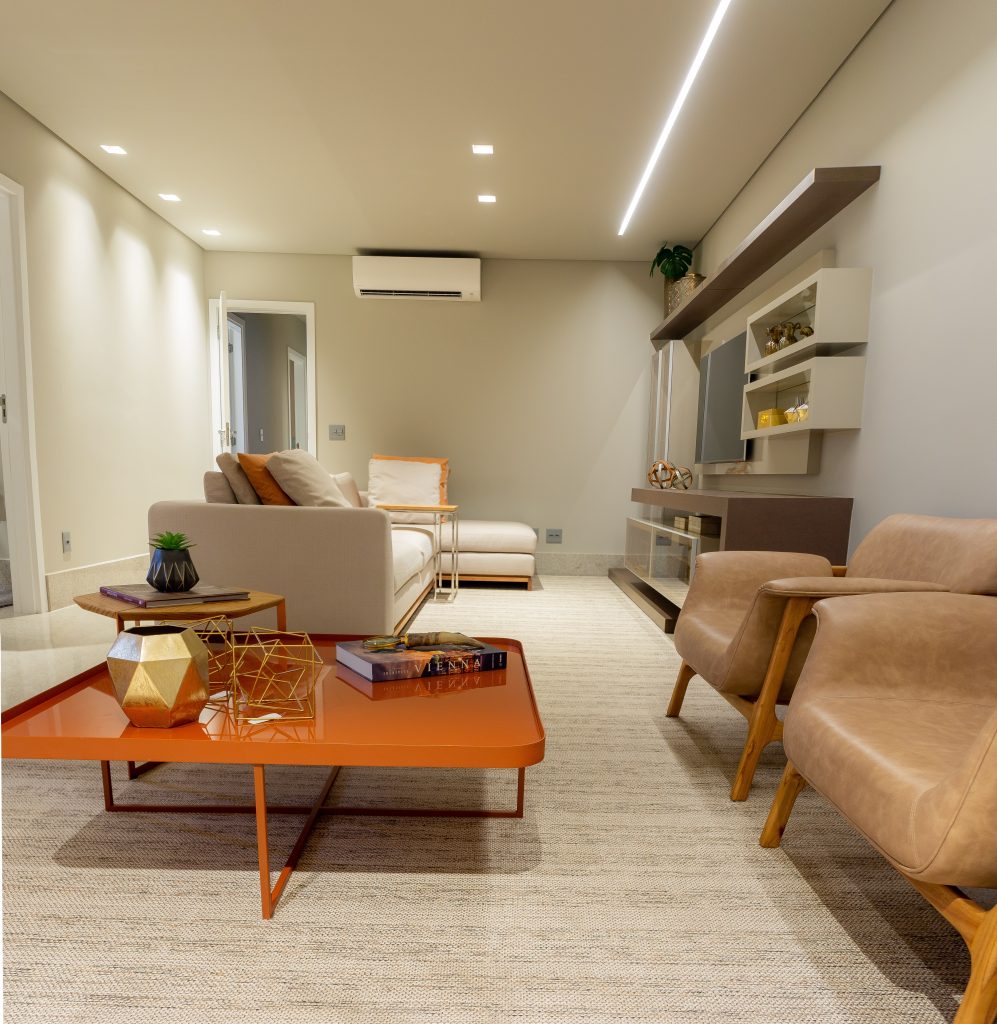What you need to know about renting in Montreal

Ah, Montreal. There are so many reasons why someone might choose to move to Montreal, ranging from its affordable rent (compared to many other major North American cities) to its lively nature, with hundreds of festivals being hosted through the calendar year. There is amazing food, with Montreal actually being listed as having the second most restaurants per capita in North America – just behind New York City, and Montreal has a rich and powerful history.
So, if you are deciding to rent in Montreal (and why wouldn’t you?), here’s what you need to know:
Hydro and heating may be separate
If you are searching for a place where heating is included, you might be looking for a while. Most apartments will come with separate pay for hydro and heating, and in the winter that bill can get rather lofty. If you want to figure out how much you are going to pay, call Hydro Quebec and ask them what the previous tenant paid at your potential new apartment.
You can also directly ask the previous tenant, but that may not always be possible.
Consider convenience for your appliances.
If you have never had to take your laundry all the way down the street just to have it washed, you might not appreciate the convenience of an in-house dryer and laundry machine. The same goes for a dishwasher. These are both major appliances that may add on to your energy bill overall, but there is no overlooking the convenience. If the previous tenant owned these items, you may need to pay extra but they will make your life much easier in the long run.
If you do not have space for either of these appliances, you should keep in mind if there are machines in your building or a laundromat nearby. Otherwise, it’s an insane hassle.
You can ask your landlord how much the previous tenant paid.
You might be extremely interested in a potential new pad, but the price seems way out of line. It is within your rights to ask the landlord how much the previous tenant paid and then compare. Is that increase realistic?
Rent can increase every year around January or February and may increase different amounts depending on a number of factors. However, the Régie only allows a certain increase. If the new cost of the apartment is much more than what the Régie allows, you can ask to lower the rent.
The scale of Montreal apartment sizes may take some getting used to.

When apartment-hunting, you may already be familiar with the typical “size” references – i.e, studio, one bedroom, two, etc. Montreal uses a slightly different scale, ranging from 1 ½ to 5 ½ and beyond. The breakdown is as follows:
- 1 ½: a single-room or studio apartment, featuring a single room that contains a kitchenette and separate bathroom.
- 2 ½: a one-bedroom apartment, featuring a single bedroom and separate living room, as well as a kitchenette and bathroom.
- 3 ½: same as above, with an additional bedroom, more distinct living room, and larger kitchen.
- + 4 ½: increases from this point on will include an additional room, typically a bedroom.
The further from the city, the cheaper the rent.
Downtown Montreal is a popular place, to say the very least. It’s often flooded with tourism at any time of year, so finding an affordable apartment is difficult to do if you are downtown. You may want to opt for a place that is further from the core of the city if budget is a concern of yours.
If you are a student, you may be looking at a decent travel time to school if you are concerned about your rental cost. The most popular spots are close to the universities and schools, and those can be expensive. That being said, if you’re lucky, you may find a great deal just about anywhere.
You may be required to carry insurance.
Tenant’s insurance is not always a mandatory requirement, or at least not in Quebec, but your landlord can rightfully put it as a requirement in the lease agreement. Tenant’s insurance is luckily only a small fee compared to your other bills and can protect your belongings and liability if something should ever happen. Contact Panda7 for a tenant’s insurance quote in Montreal.
Check to see if pets are or are not allowed.
Animals being prohibited is a landlord’s choice, not an overarching statement in Quebec. If your landlord decrees that you cannot have dogs or cats, you are out of luck.
If pets are allowed, there may be some prohibited species – i.e dogs, or specific breeds of dogs, you have some leeway. You should, however, ensure that your pet is well-behaved and not disturbing other tenants nor that they are destroying anything. The landlord would be completely in their rights to ask you to remove the pet if this was the case.
Most landlords will require a year-long lease.
In Montreal, the majority of landlords will ask that you take out a year-long lease. However, there is some flexibility with rental periods, and some landlords will allow you to do monthly, bi-annually, or offer a lease that allows you to opt out at any given point. You may want to do some hunting around and try out a few apartments before you secure one for the long-term and may choose to reason with your landlord for a lease that is more or less than a year.
Also, keep in mind that in Quebec leases are automatically renewed. This is because tenants have a right to maintain occupancy. This is great if you love where you are located and want to keep living there, but it might not be so good if you are waiting up on the end of your lease to change locations.
If you do not want to stay in your current location, you will need to give your landlord notice that you would like your lease to end. Try to give three or more months notice before the end of the lease if you have a yearly lease, or one to two months’ notice in a lease that is less than twelve months. If you are incidentally swept up into an automatic renewal, you can try to transfer the lease. Sometimes, the landlord or property manager will help you to find a new tenant.
Excited to start apartment hunting? Good luck!

